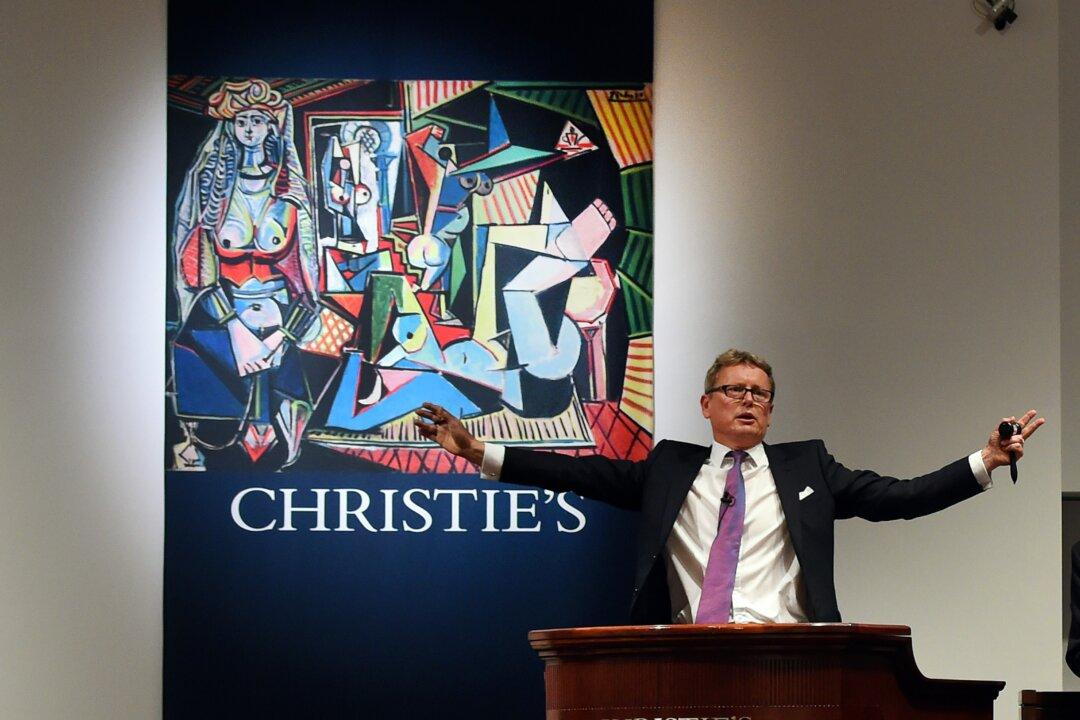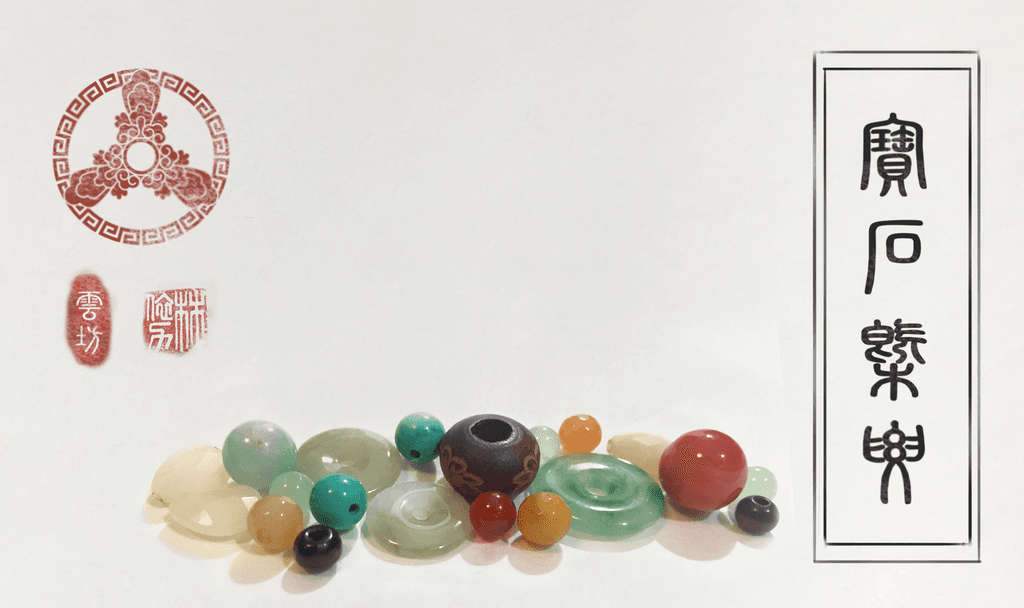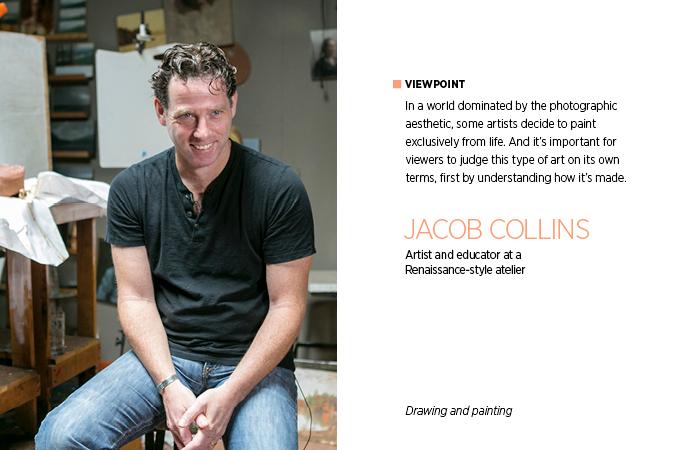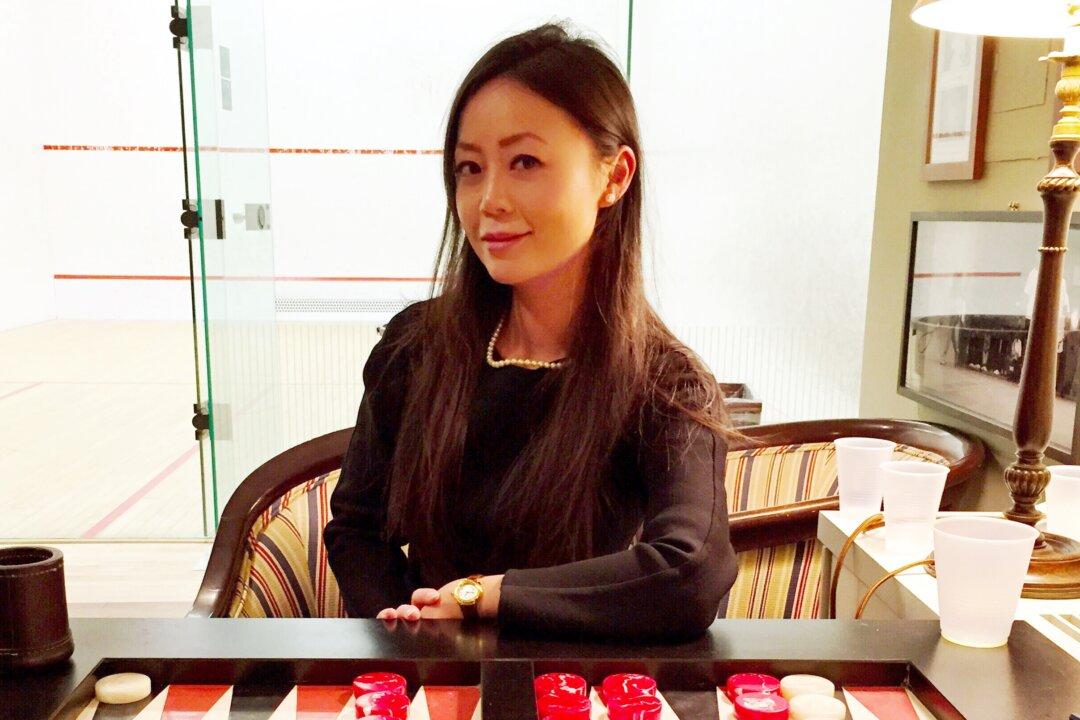Last week Christie’s in New York auctioned off Pablo Picasso’s “Les femmes d‘Alger (Version ”’O')” for a record-breaking $179.4 million. The volume of online price-gawking that ensued was impossible to ignore.
The $179.4 million greatly exceeded Christie’s estimate of $140 million. The same painting was sold through Christie’s before, in 1997, realizing a price of $31.9 million.
There remains a lot to be analyzed about the sale and what it signifies about the financial health of the art market. But online, Algerians and other Arab-speakers were lukewarm about the painting itself.
“Outside some cheeky boasting about the price of Women of Algiers, Algerians hardly relate to this story,” wrote one Reddit user. “That painting makes more sense within Picasso’s own artistic career and development.”
In 1954 and 1955, Picasso painted a series of 15 variations on the Romantic master Eugene Delacroix’s 1834 “The Women of Algiers in Their Apartment,” which depicts Algerian women in a harem. This version “O” is the last in the series.
Another Algerian Reddit user wrote:
“At least women of Algiers boobs have scored at $174 million. :-) This is amazing, I think it will give some inspiration and boost the art and the artists in Algeria. The Arab world (with some exceptions) tend to not favor this kind of arts, so it will never have any value in their eyes.”
Which illicit this response from a third commenter:
“Well they don’t favor this art for a reason. It’s orientalist. Ain’t no women in Algeria walking around with their boobs hanging out like that. Delacroix and Nasreddine Dinet (who was a Frenchmen that converted to Islam) made a career out of doing this with North African women.”
Unlike Picasso’s version, Delacroix’s women were fully clothed, though scandalously by European standards of the time and Muslim standards in general. Delacroix based his painting on sketches he did of Moroccan women seen during his travels.







